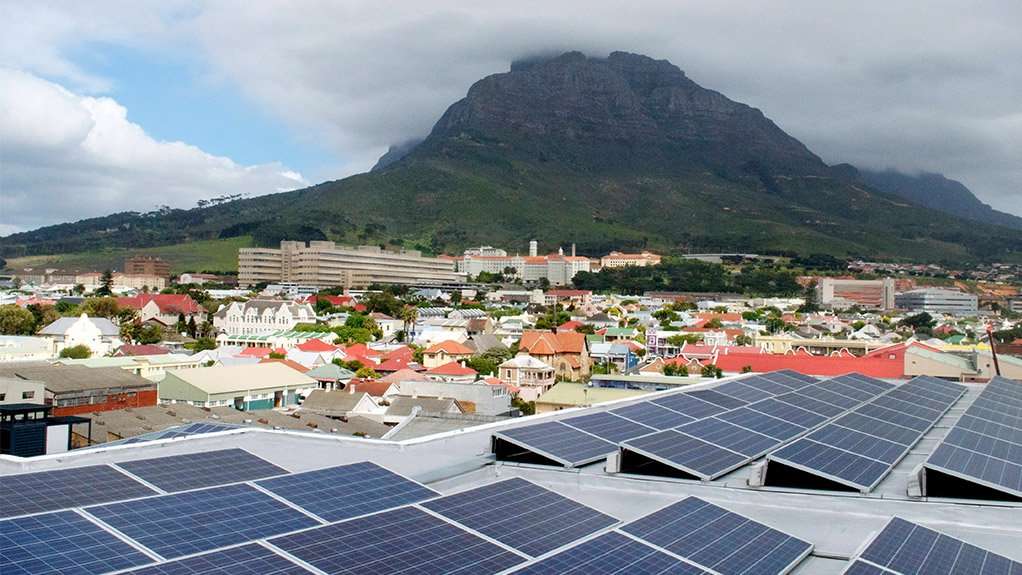The city of Cape Town has taken a significant step towards ending load shedding in the long term by issuing a request for information (RFI) for energy trading solutions. The RFI seeks innovative services and models related to energy trading platforms, market operation and underwriting, and energy aggregation. The city plans to procure a total of 1,000 MW over the long term, including 200 MW of embedded renewable energy from Independent Power Producers (IPPs) and a 500 MW Dispatchable Energy tender that encompasses renewables, battery storage, and gas to power aspects.
Councillor Beverley van Reenen, the City’s Mayoral Committee Member for Energy, explained that the RFI aims to test the market for energy trading solutions that can accommodate the specific requirements of local government procurement and contribute additional electricity to the grid. The city intends to explore all alternatives and options to address the growing challenge of electricity supply, particularly those that offer short-term benefits. Cape Town welcomes responses from all energy industry stakeholders, with a particular focus on energy trading platforms, market operators, and energy aggregators. The deadline for submitting responses is April 19, 2023.
Cape Town’s proactive approach to enhancing its electricity supply capabilities sets it apart as the first South African metro to take this initiative. The city has been successful in mitigating the impact of load shedding on its residents, with Cape Town typically experiencing lower stages of load shedding compared to other regions in the country. This, combined with excellent service delivery, quality schools and universities, and the desirable coastal lifestyle, makes Cape Town an attractive destination for people from other provinces, as noted by Samuel Seeff, chairman of the Seeff Property Group. The Western Cape, with a high number of municipalities receiving clean audits, is expected to see increased migration of businesses and individuals seeking better service delivery and more reliable power.
Cape Town is also gaining popularity among buy-to-let investors, with a rise in applications for buy-to-let properties in the region. According to the ooba Home Loans report, the Western Cape experienced a significant increase in buy-to-let applications, surpassing pre-Covid-19 levels. This further highlights the positive outlook for Cape Town’s future, with its strong service delivery and comparatively lower incidence of load shedding.
